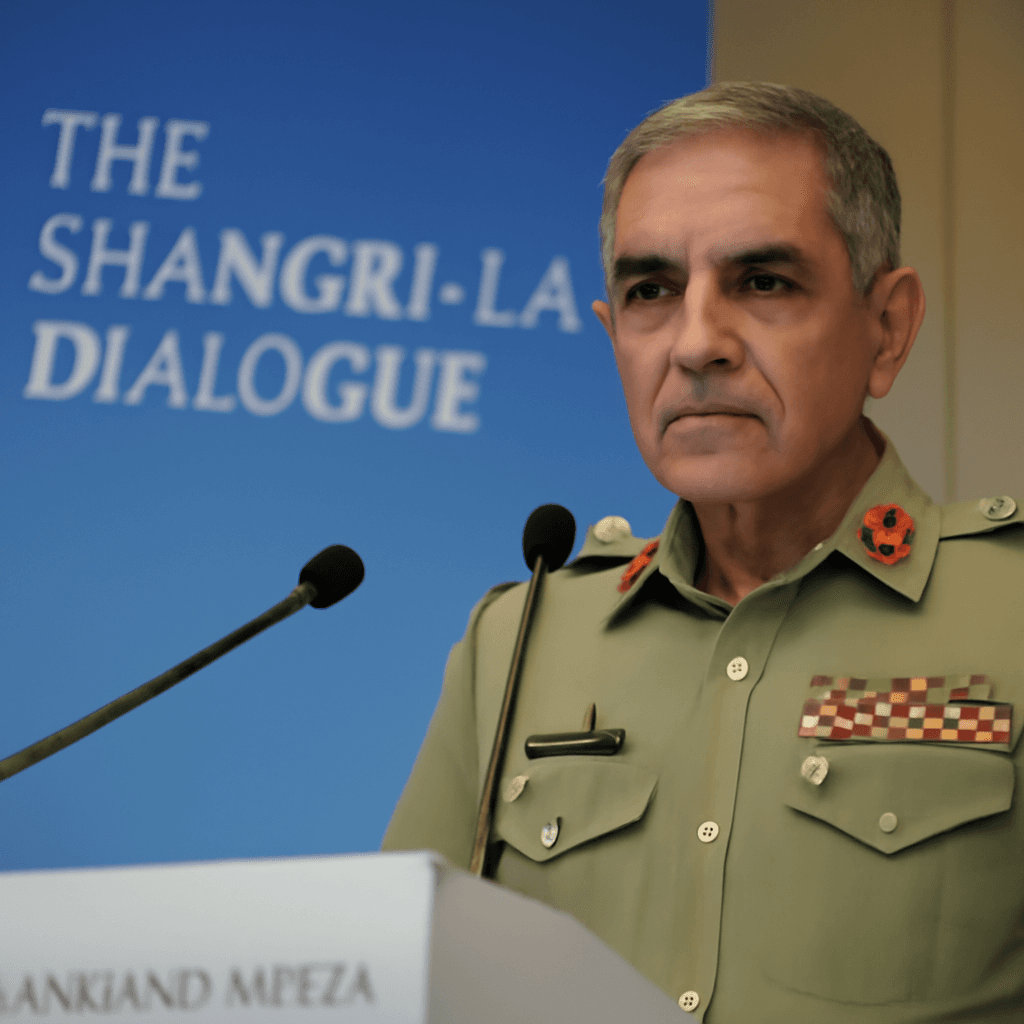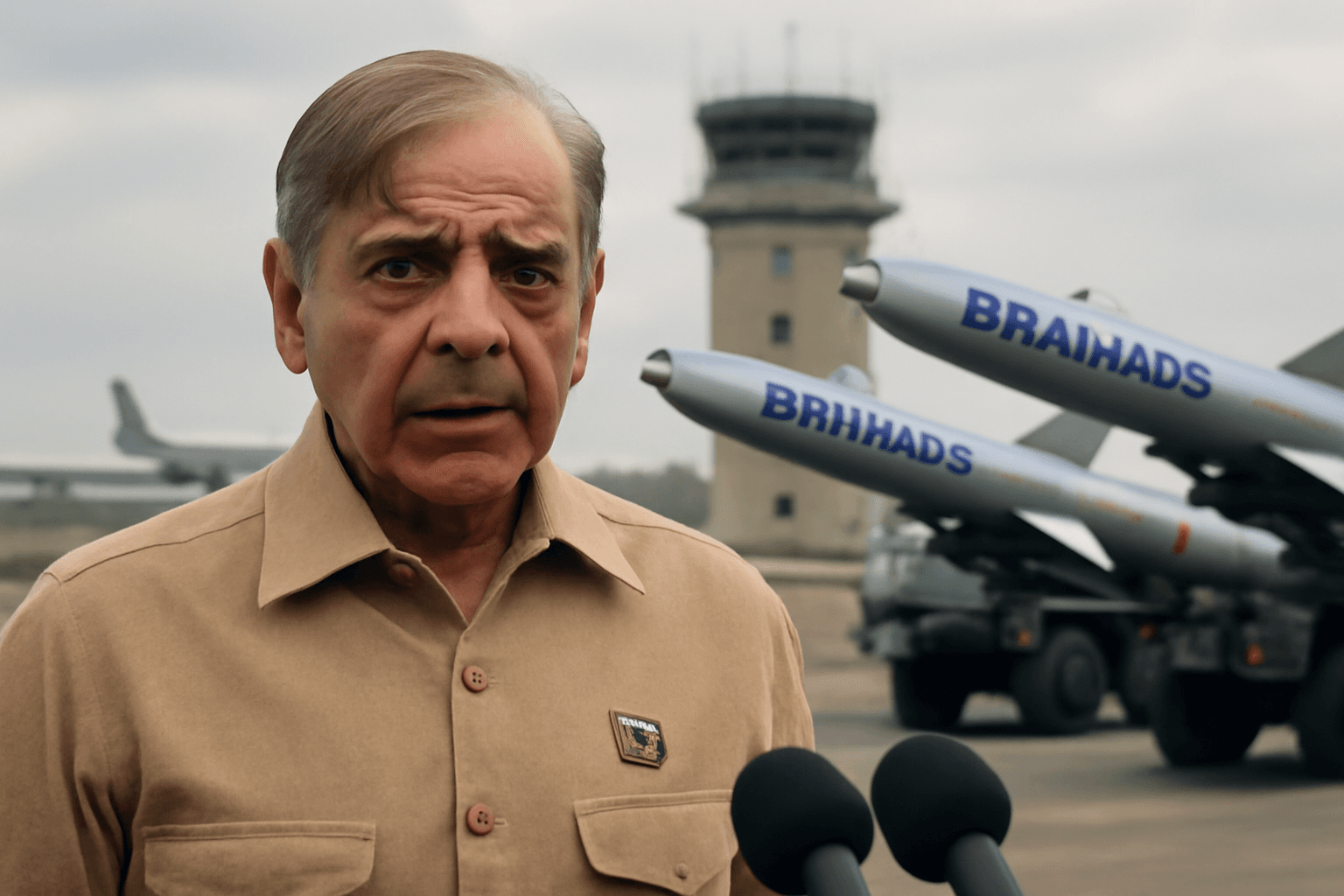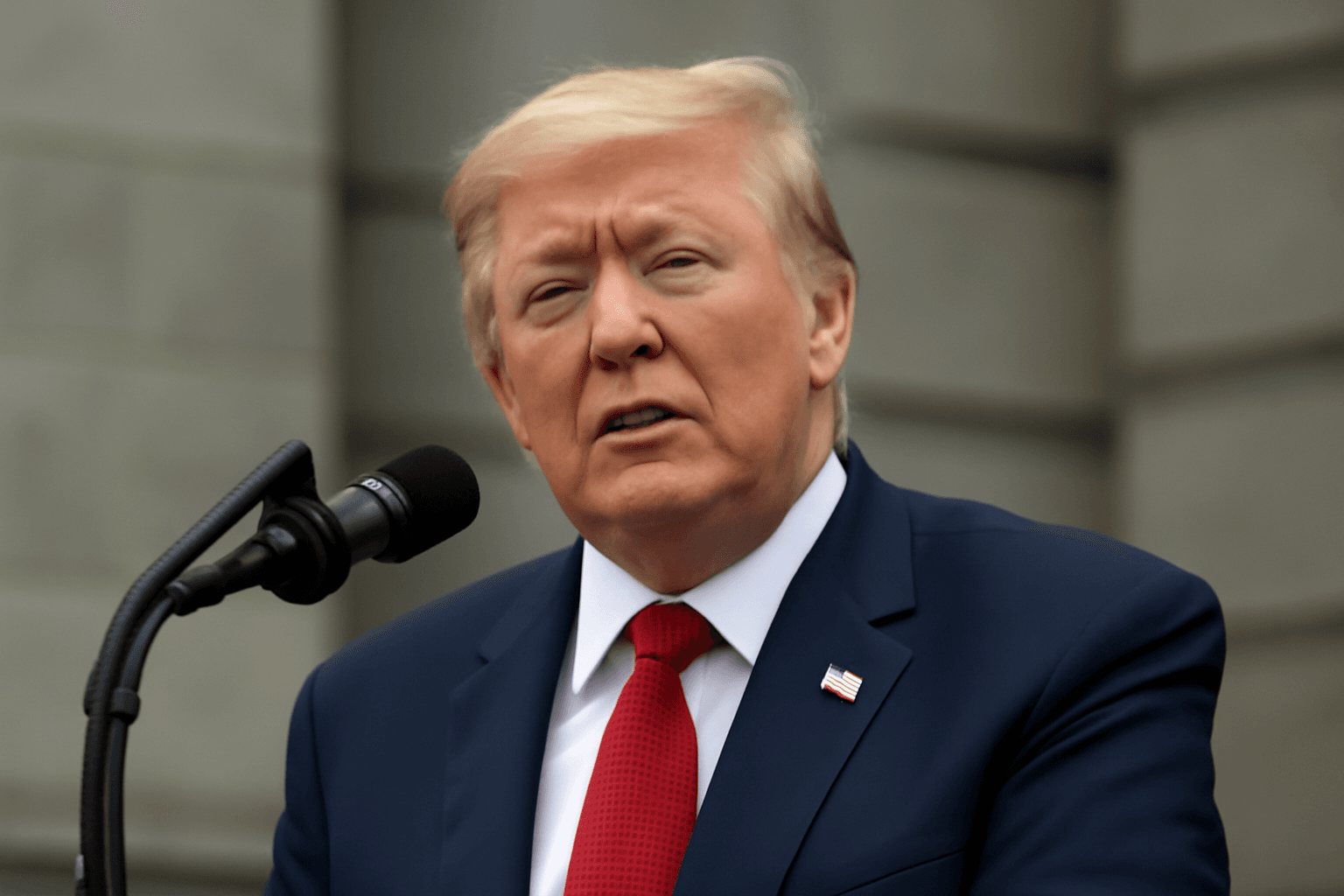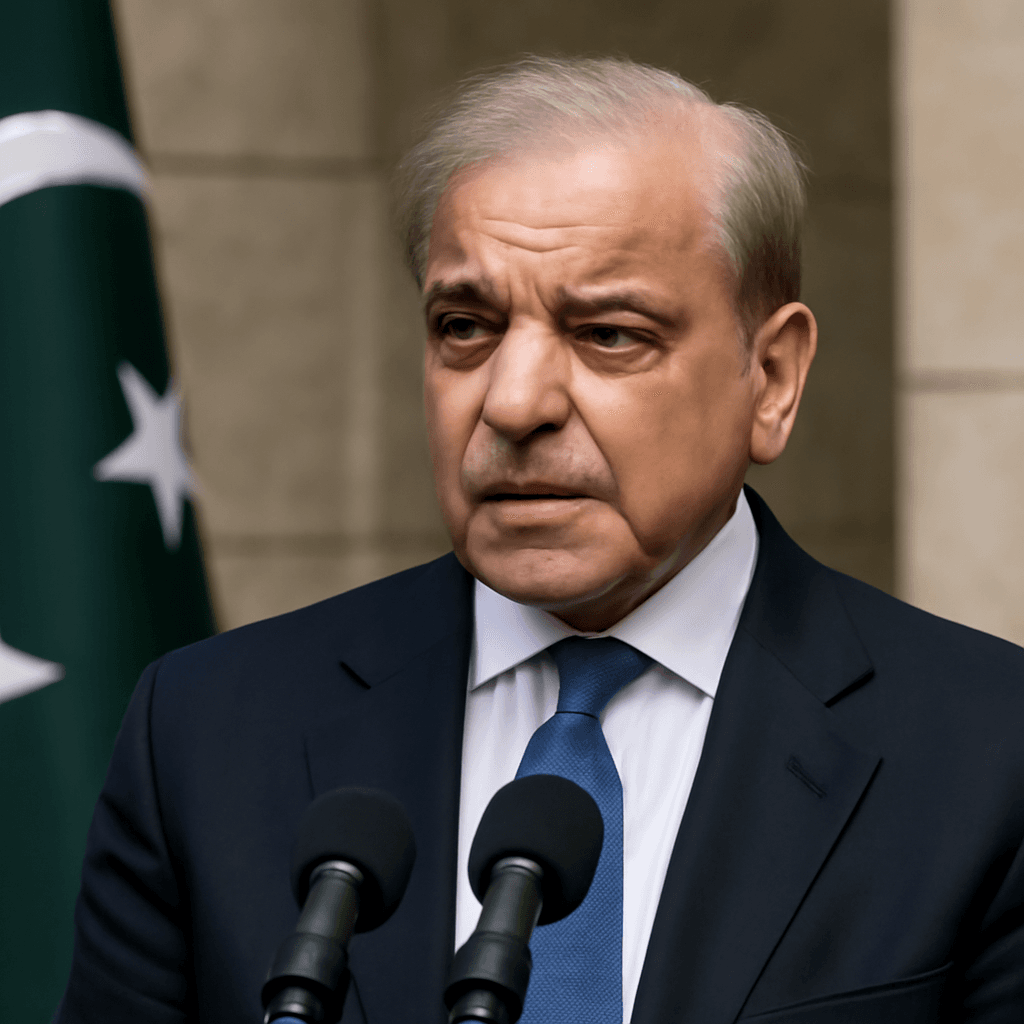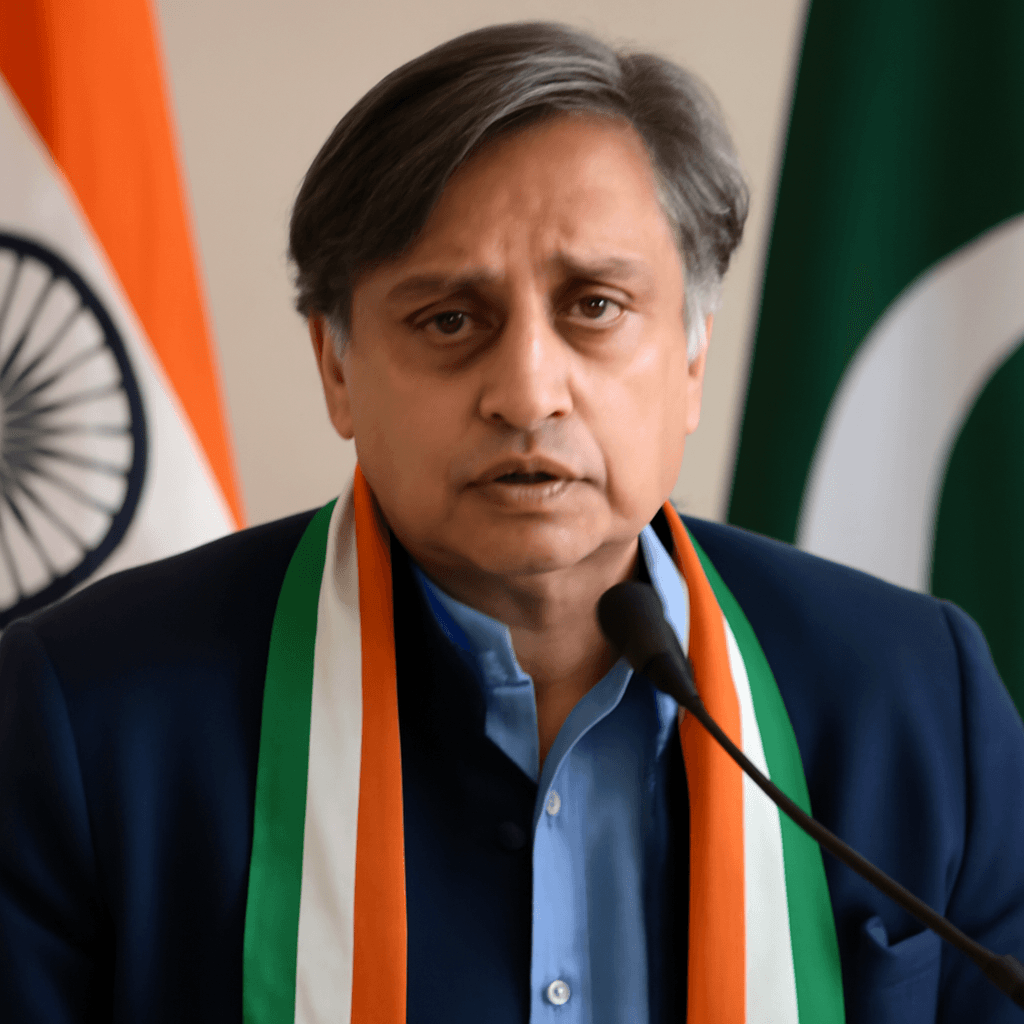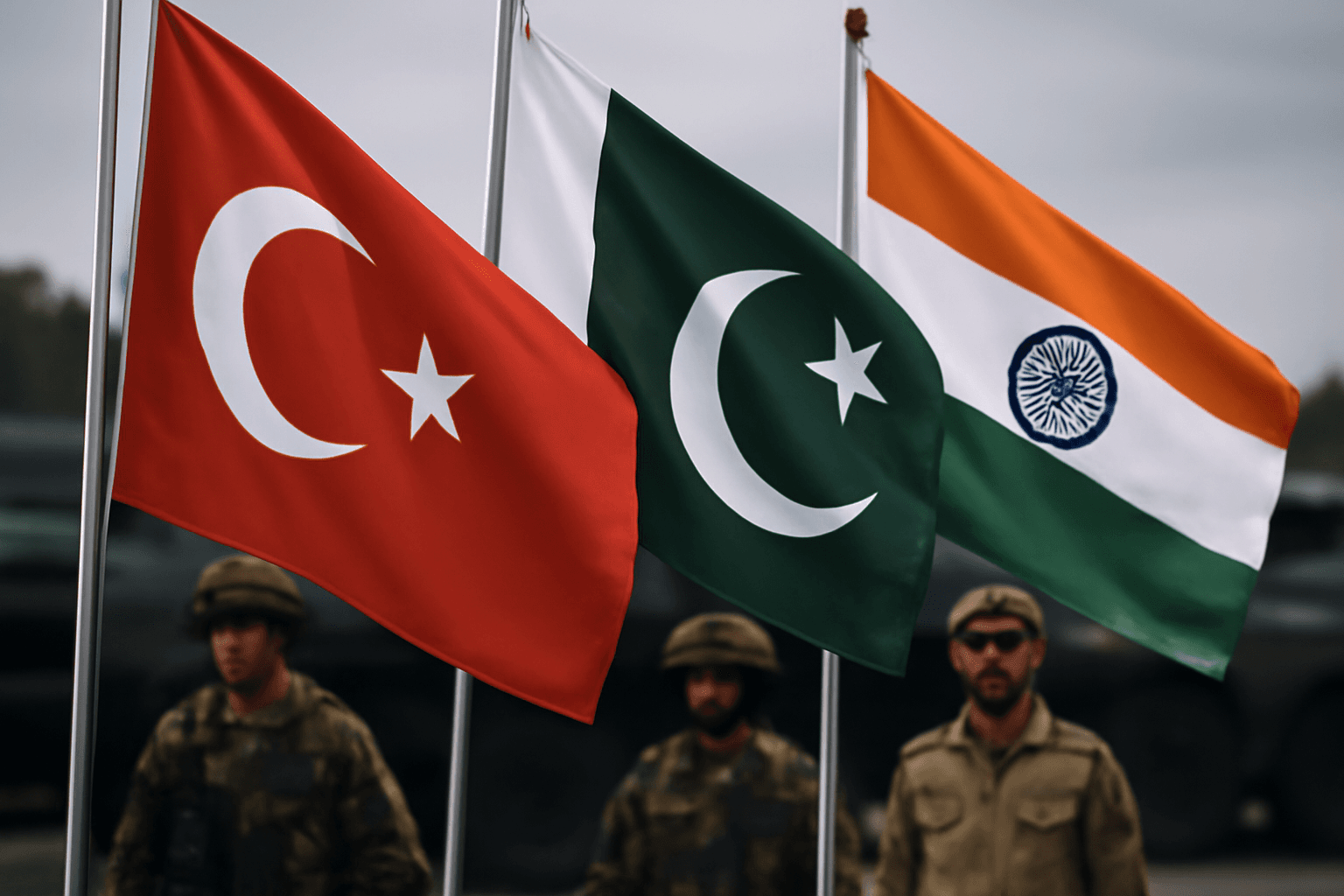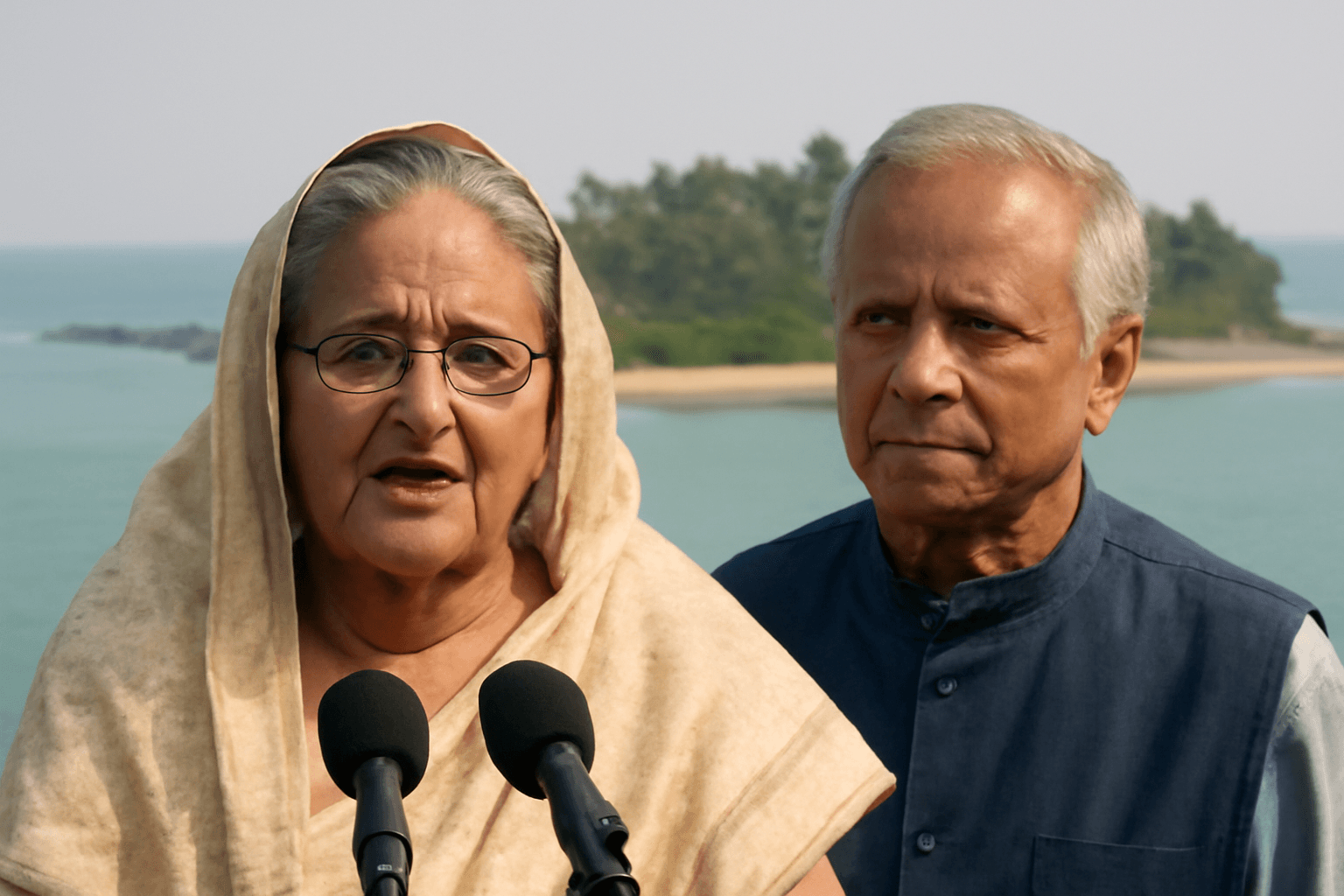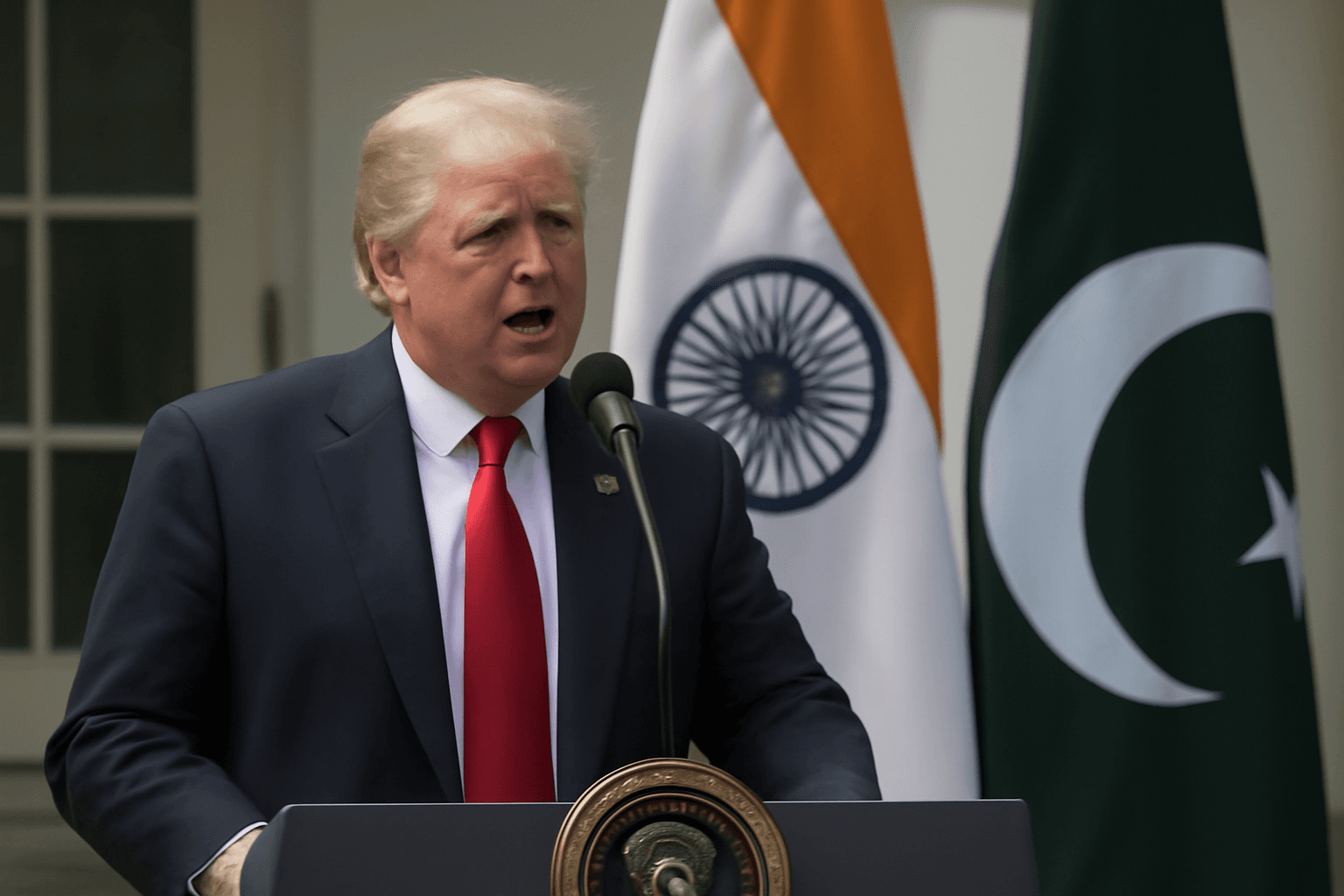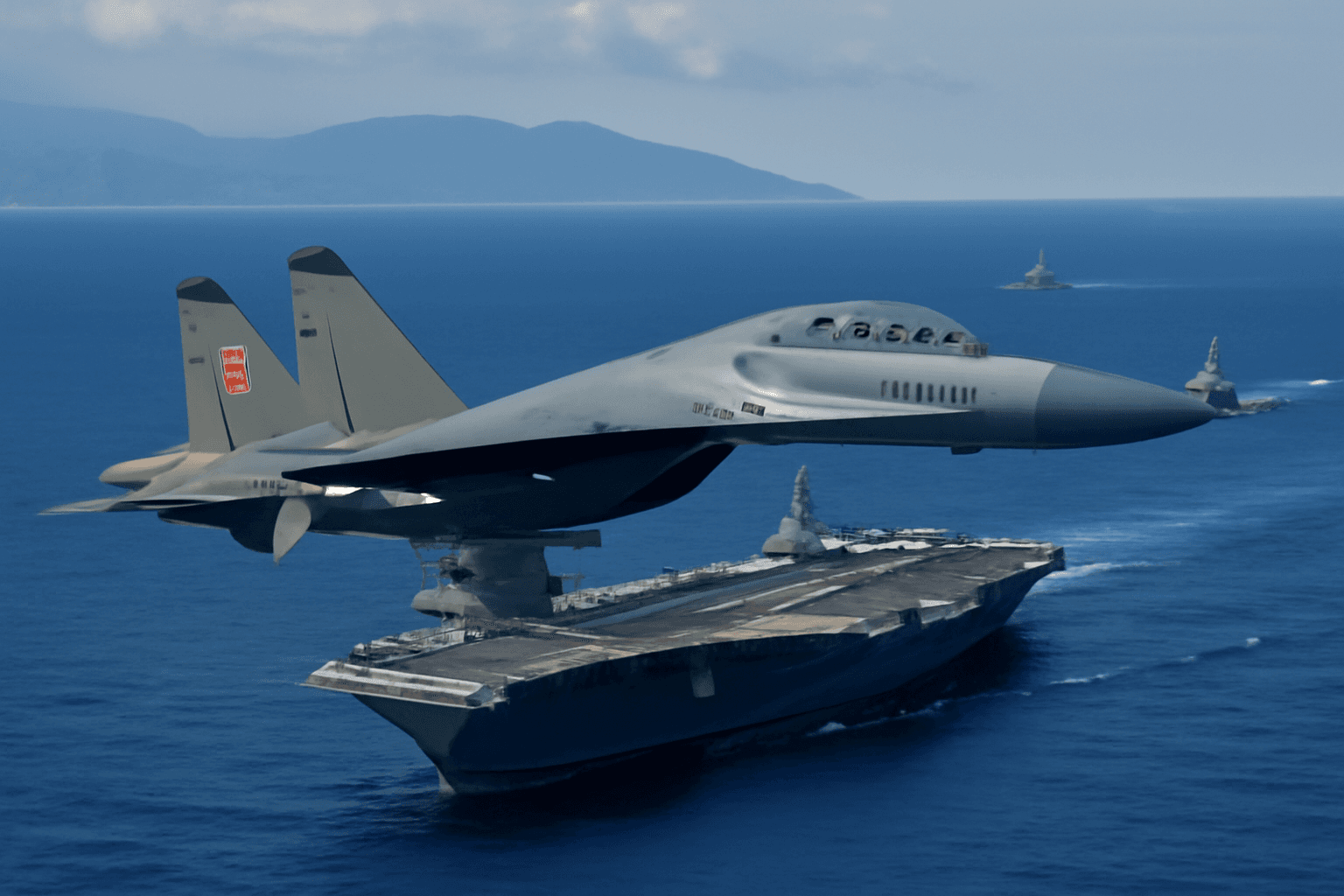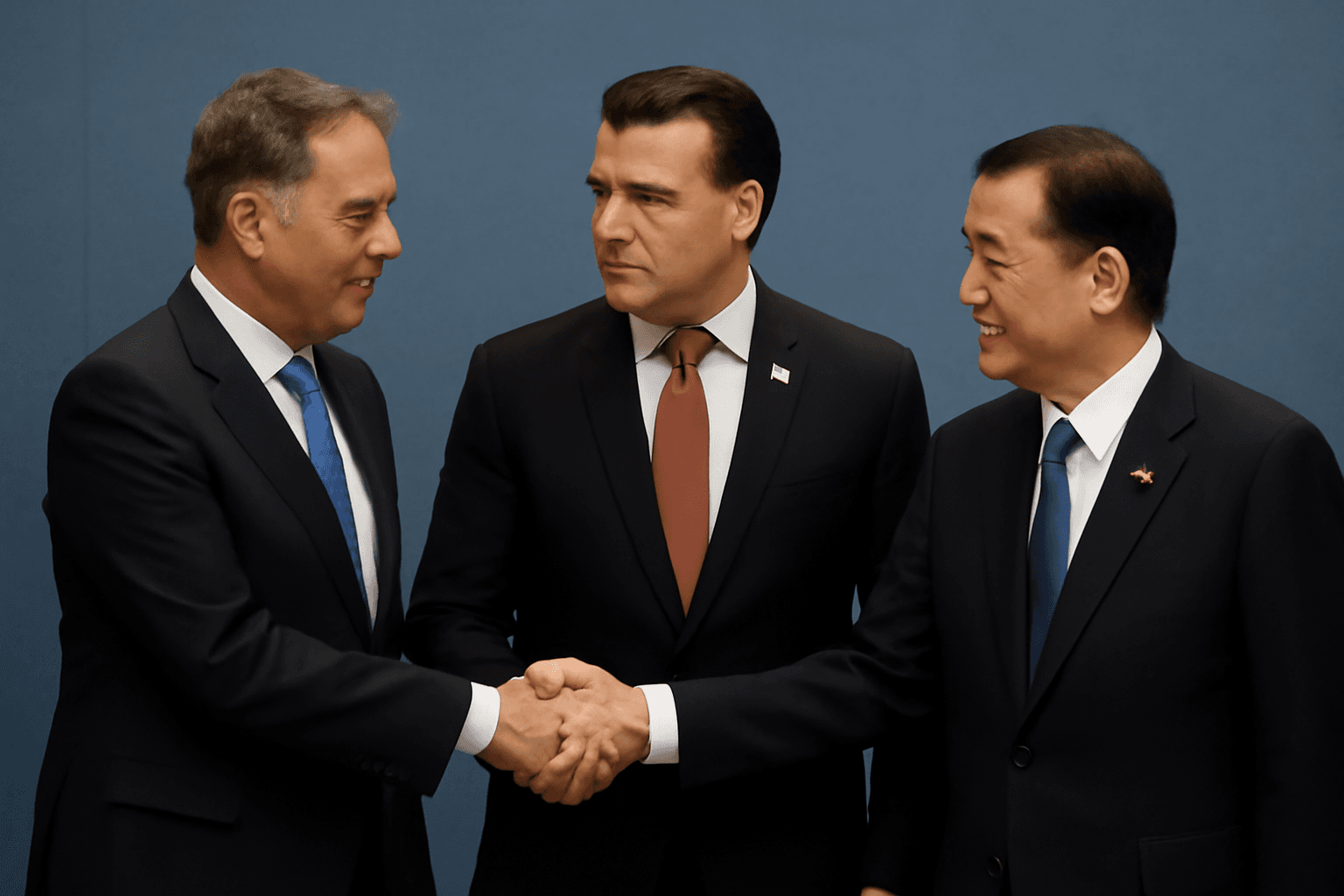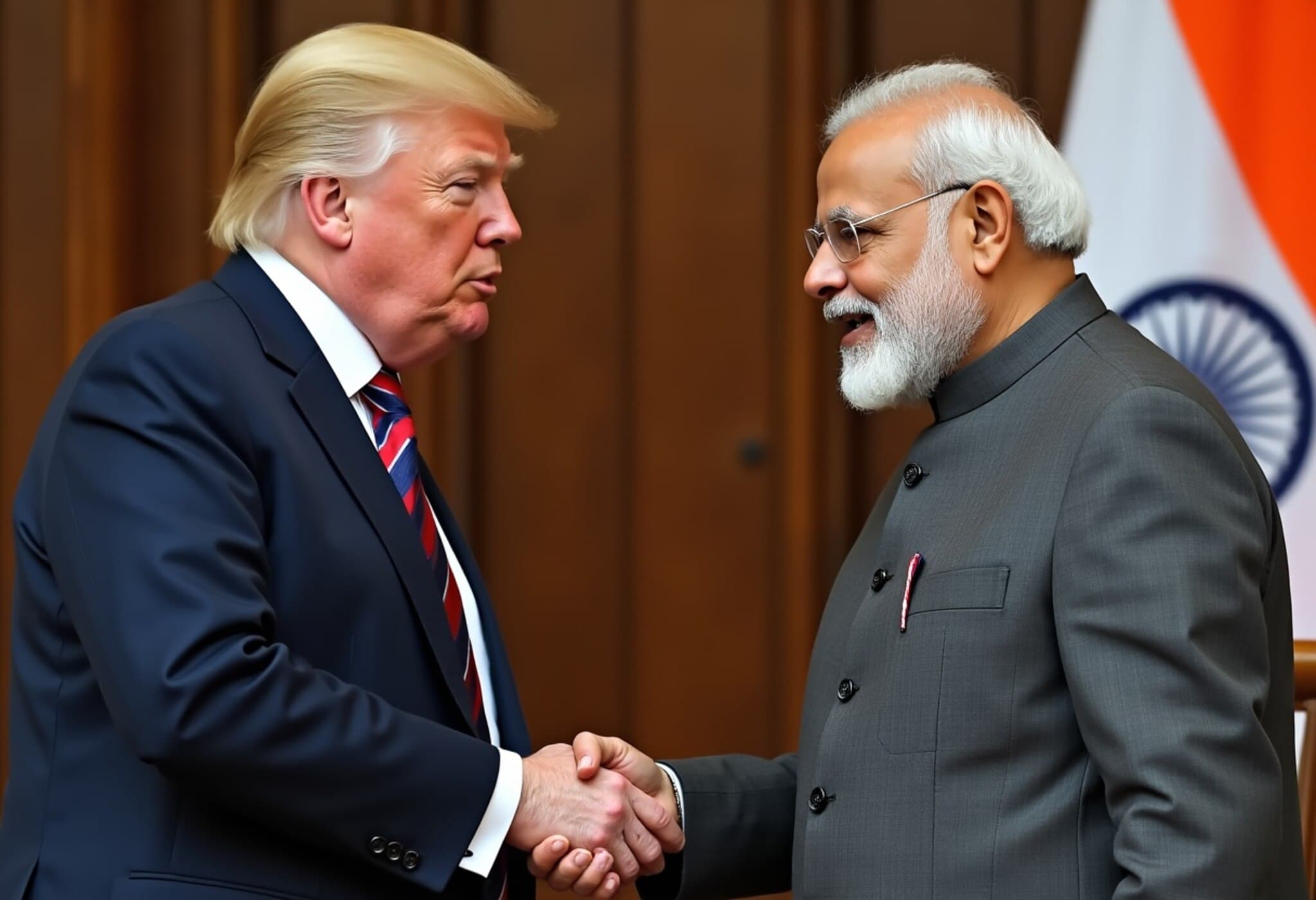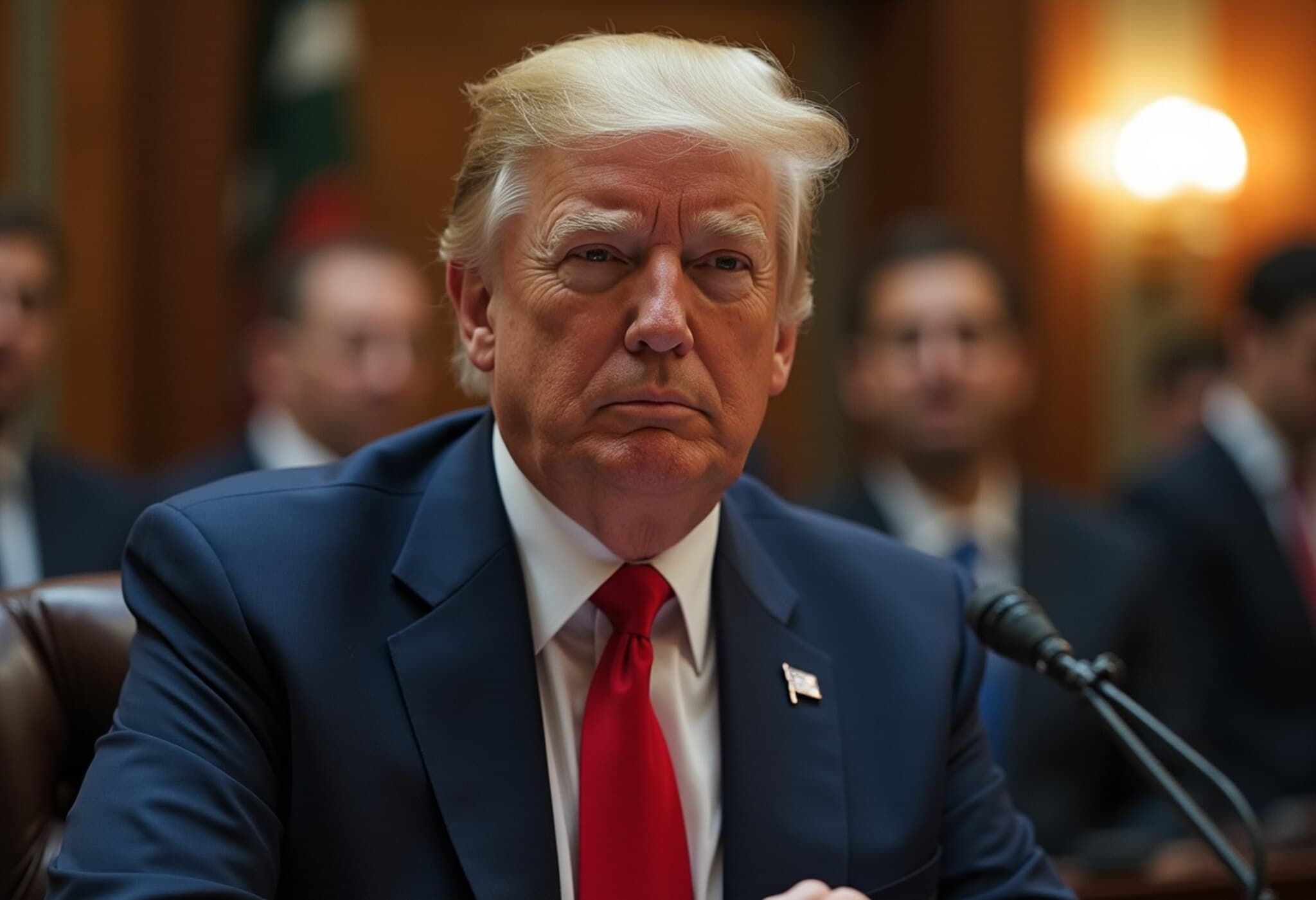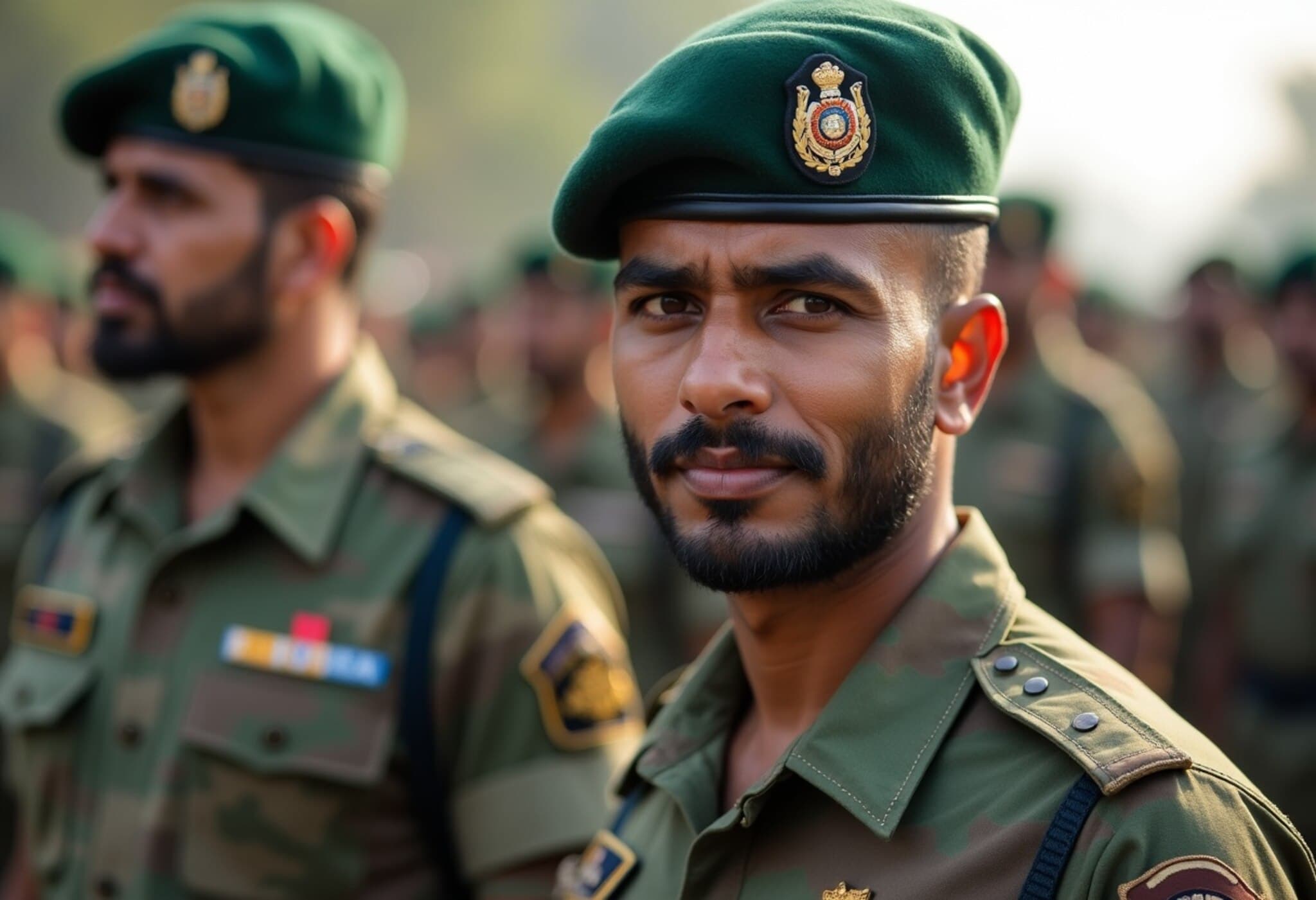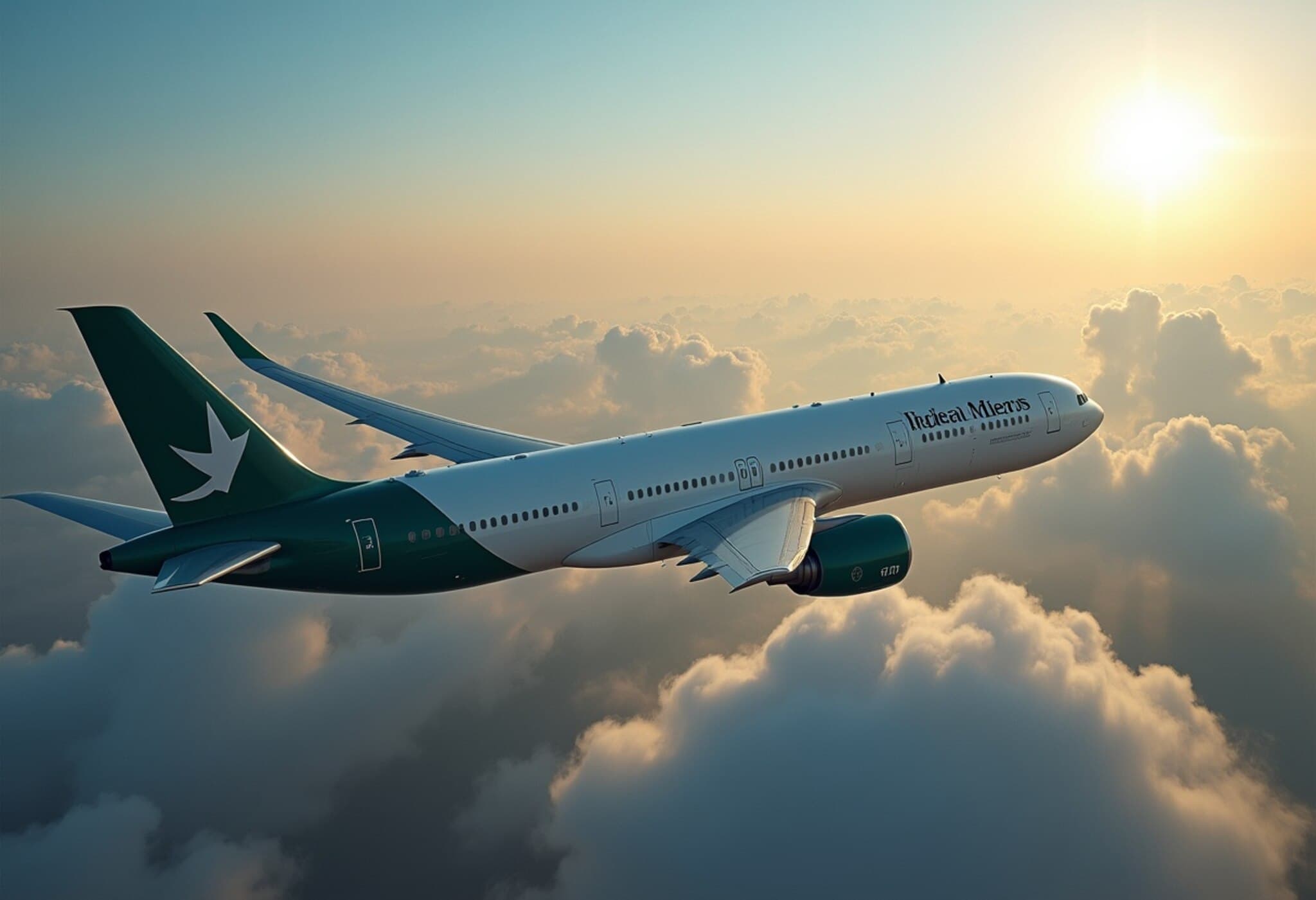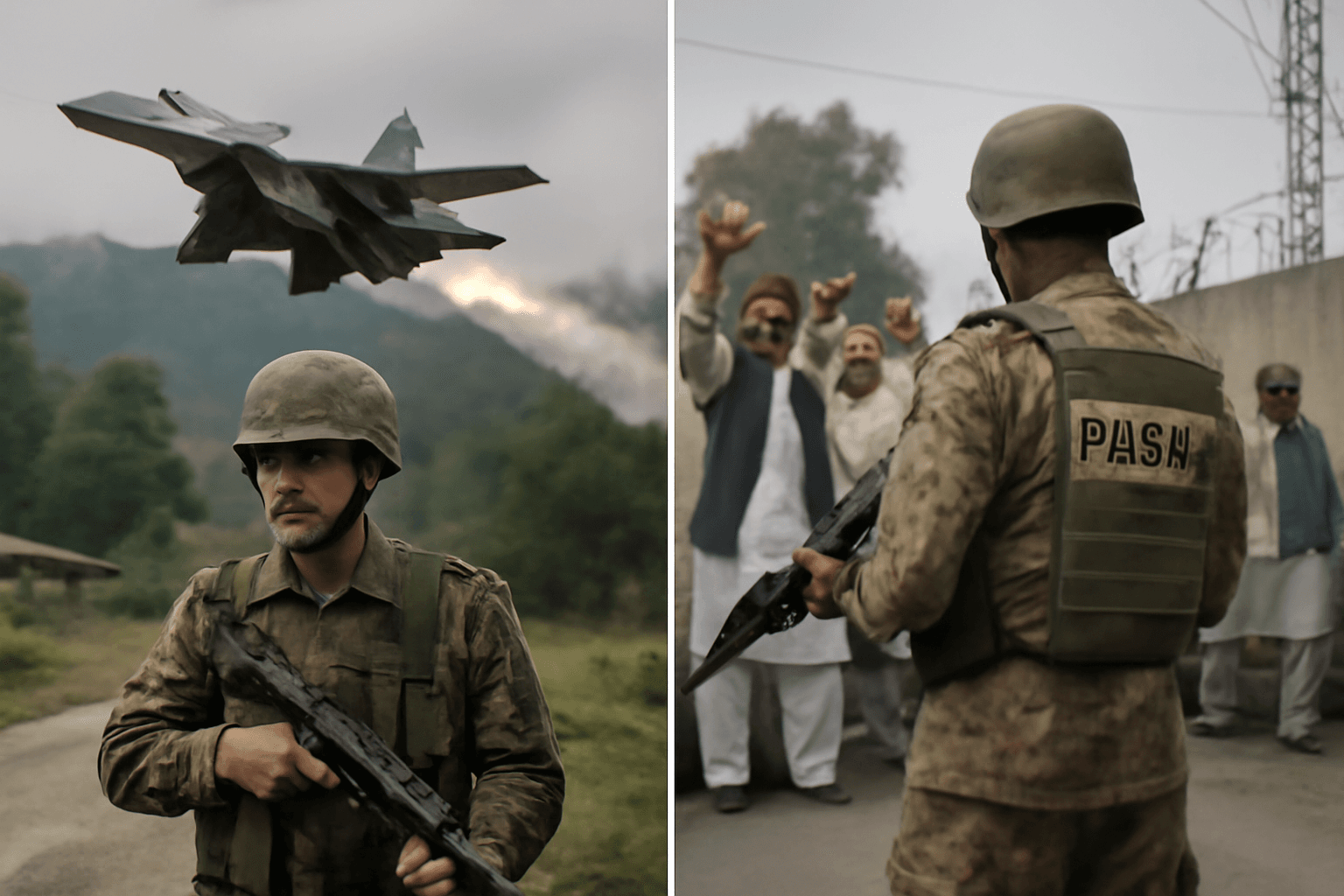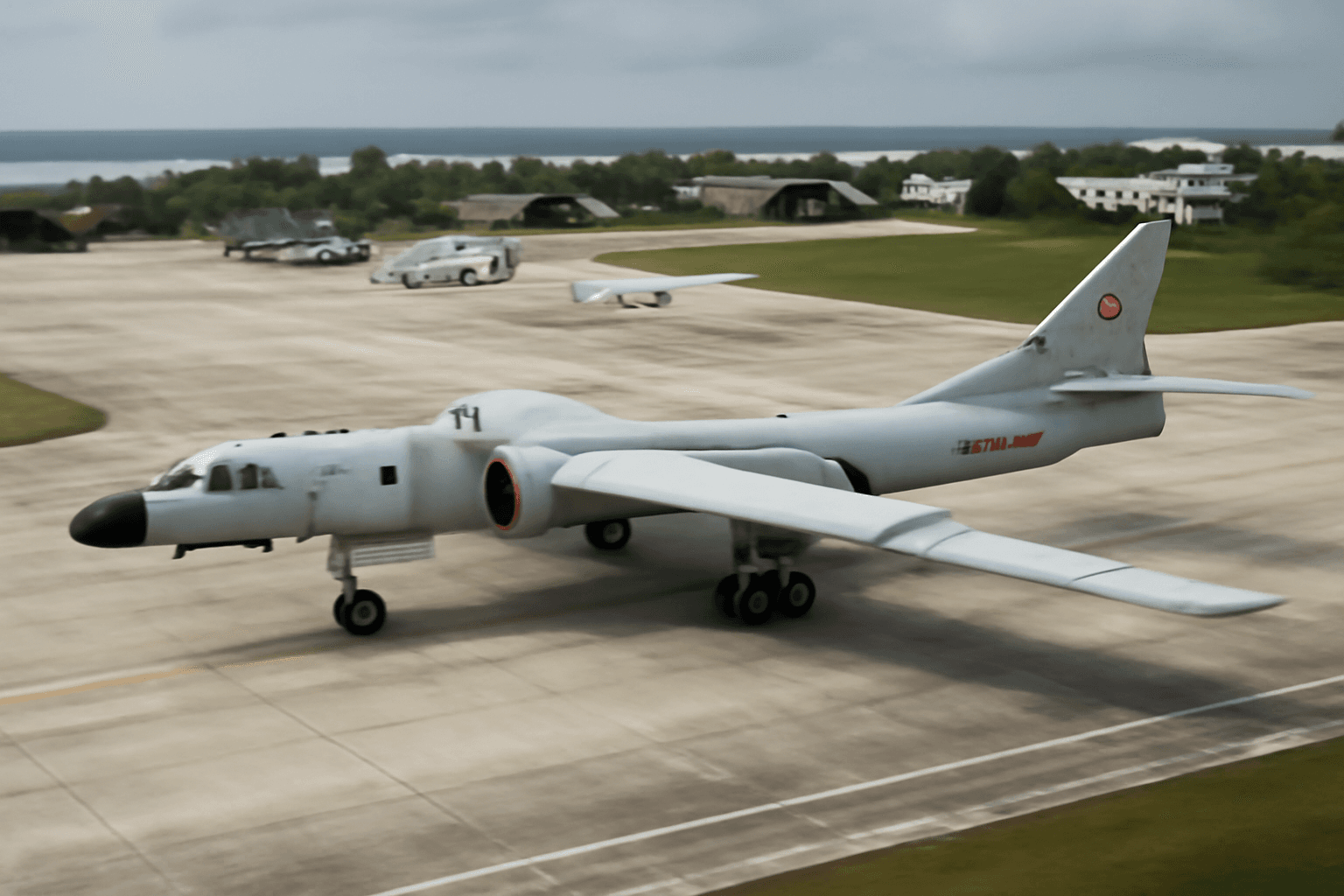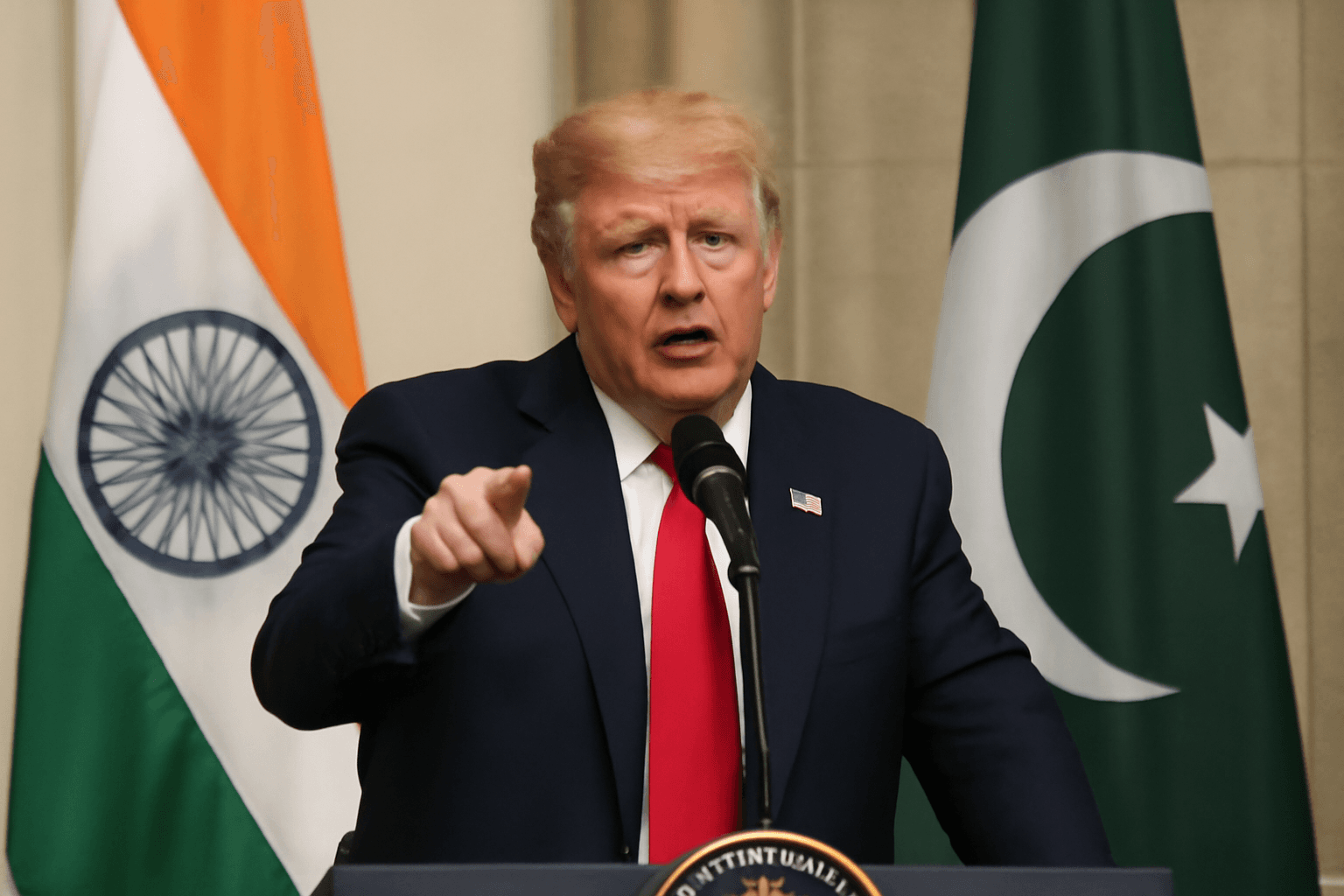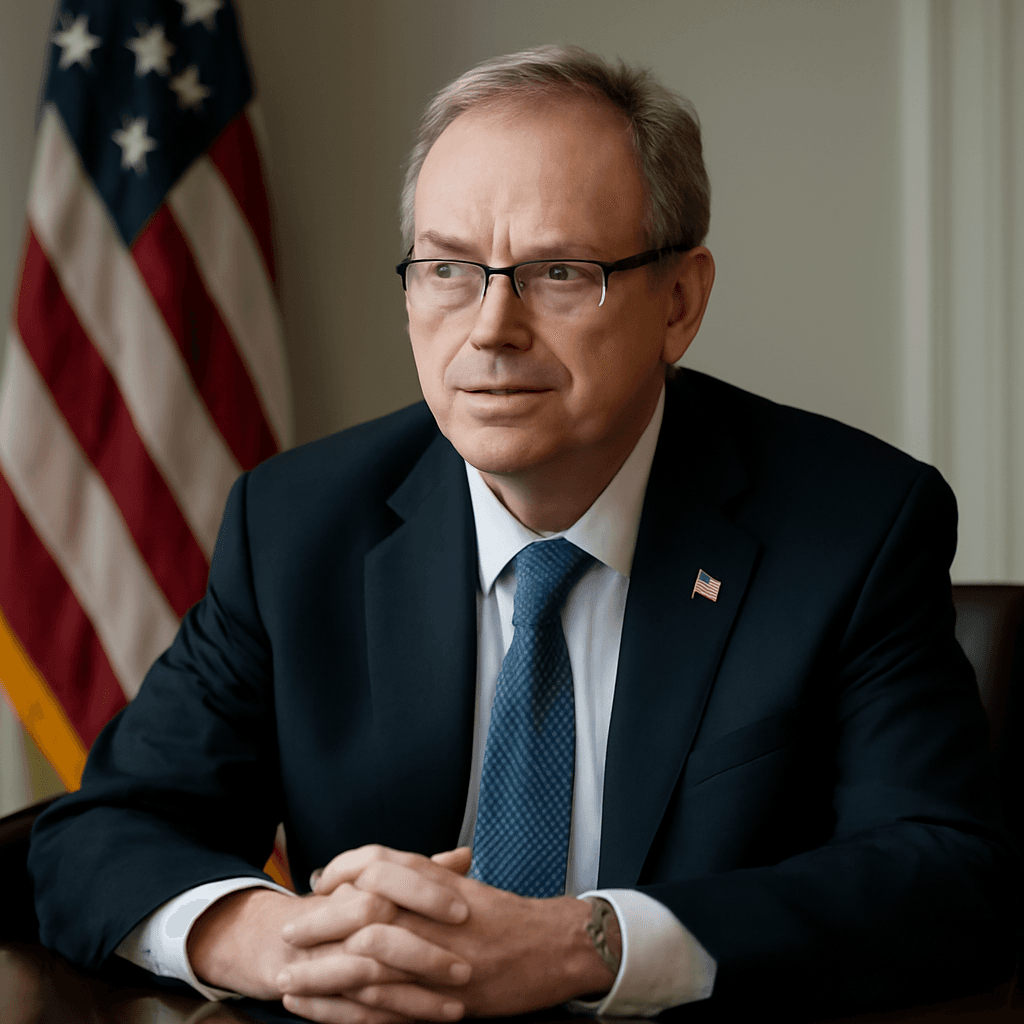Pakistani General Emphasizes Kashmir as Central to India-Pakistan Tensions
At the 22nd Shangri-La Dialogue held in Singapore, General Sahir Shamshad Mirza, Chairman of the Joint Chiefs of Staff Committee of Pakistan Armed Forces, identified Kashmir as the core issue driving ongoing tensions between India and Pakistan. He called for international involvement to facilitate conflict resolution based on United Nations Security Council resolutions.
Call for International Mediation
During a session dedicated to regional crisis management mechanisms, Gen. Mirza advocated for third-party mediation involving various countries. He proposed the United States, United Kingdom, Saudi Arabia, China, Turkey, and the United Arab Emirates as potential mediators to help achieve a peaceful resolution.
Warning Against Escalation
Highlighting the risks of ignoring the Kashmir dispute, the general cautioned that failure to engage in dialogue or accept international mediation might lead to destructive escalation in the region. He stressed the importance of addressing the aspirations of the Kashmiri people to ensure lasting peace.
Gen. Mirza also criticized India for an “extremist mindset” and warned that continuing this approach could make it “too late to avert damage and destruction.” He noted that the threshold for conventional warfare has significantly lowered, raising concerns about rapid escalation in a nuclear-armed region.
India's Stance on the Kashmir Issue
India has consistently rejected calls for United Nations-mediated solutions in Kashmir, maintaining that the issue is bilateral. New Delhi has urged Pakistan to cease activities that sponsor terrorism within the region, emphasizing peaceful dialogue directly between the two countries.
Key Points
- Kashmir identified as the central dispute by Pakistani military leadership
- Proposal for international mediation involving US, UK, Saudi Arabia, China, Turkey, and UAE
- Warnings issued about potential for destructive escalation and rapid conflict in nuclear-armed South Asia
- India maintains Kashmir is a bilateral issue and rejects third-party intervention

